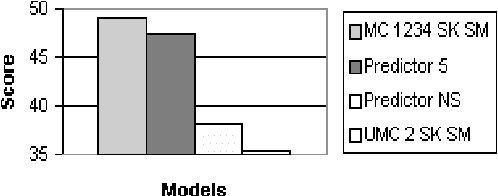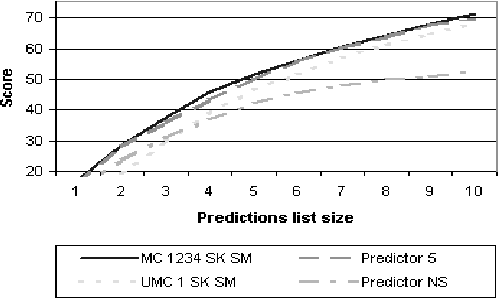An MDP-based Recommender System
Paper and Code
May 16, 2015



Typical Recommender systems adopt a static view of the recommendation process and treat it as a prediction problem. We argue that it is more appropriate to view the problem of generating recommendations as a sequential decision problem and, consequently, that Markov decision processes (MDP) provide a more appropriate model for Recommender systems. MDPs introduce two benefits: they take into account the long-term effects of each recommendation, and they take into account the expected value of each recommendation. To succeed in practice, an MDP-based Recommender system must employ a strong initial model; and the bulk of this paper is concerned with the generation of such a model. In particular, we suggest the use of an n-gram predictive model for generating the initial MDP. Our n-gram model induces a Markov-chain model of user behavior whose predictive accuracy is greater than that of existing predictive models. We describe our predictive model in detail and evaluate its performance on real data. In addition, we show how the model can be used in an MDP-based Recommender system.
 Add to Chrome
Add to Chrome Add to Firefox
Add to Firefox Add to Edge
Add to Edge